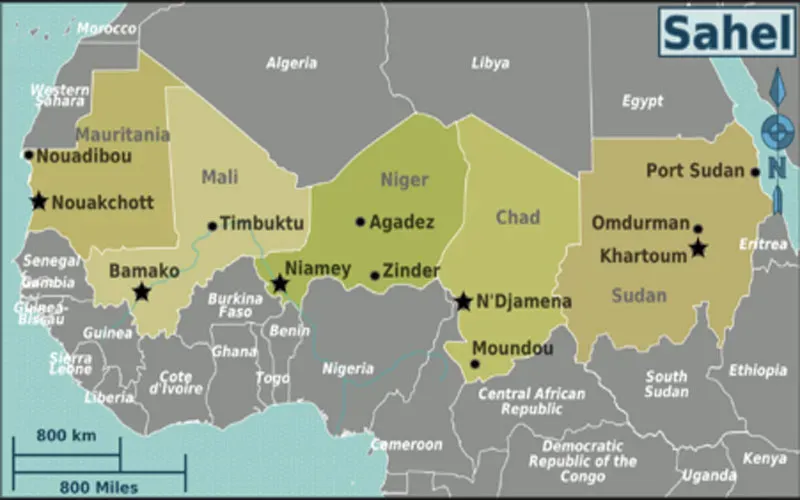Nairobi, 22 March, 2023 / 8:53 pm (ACI Africa).
The planned visit to the United States (U.S) by a section of religious leaders from West Africa to discuss the protracted insecurity in the Sahel region that dates back to January 2012 “will not have any impact”, a Nigerian Catholic Priest with specialization in matters insecurity and terrorism has said.
The Sahel region spans some 5,400 km and stretches from the Atlantic Ocean Eastward through Northern Senegal, Southern Mauritania, the great bend of the Niger River in Mali, Burkina Faso, Southern Niger, Northeastern Nigeria, South-central Chad, and into Sudan.
In a report published March 14, officials of the Catholic Relief Services (CRS) said that during the five-day visit that will involve some 10 Catholic and Muslim religious leaders from five West African countries, reasons behind the lack of an effective response to the Sahel crisis from the international community in general and the U.S. in particular will be explored.
“A delegation of 10 West African Catholic and Muslim religious leaders from Niger, Mali, Burkina Faso, Ivory Coast, and Ghana will be visiting United States lawmakers from March 20 – 24, 2023 to discuss the deteriorating humanitarian and security situation in the Sahel region,” officials of the humanitarian arm of the U.S. Conference of Catholic Bishops (USCCB) said.
In an interview with ACI Africa, Fr. Atta Barkindo who is a Security and Terrorism Expert with a focus on the Sahel and Lake Chad regions said, “The visit to the U.S. by 10 religious leaders to discuss insecurity in the Sahel will not have any impact in the region because it’s not the first time they have visited the U.S. for the same reason.”








